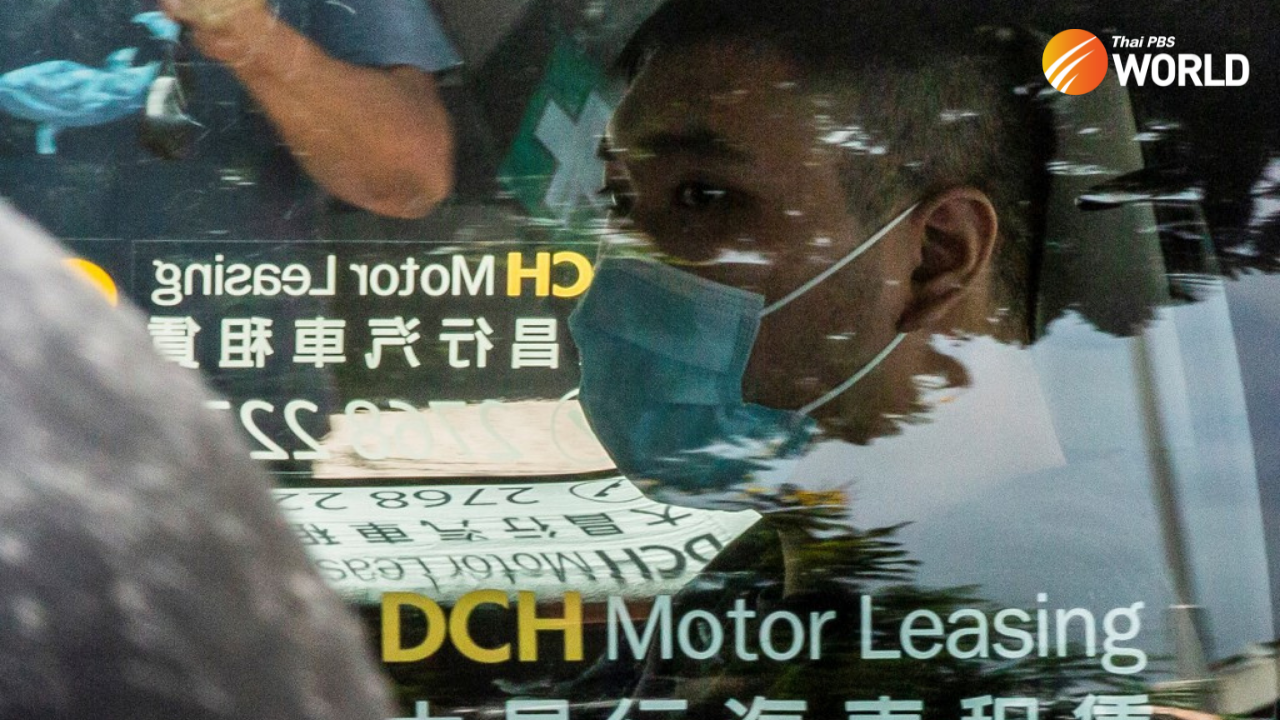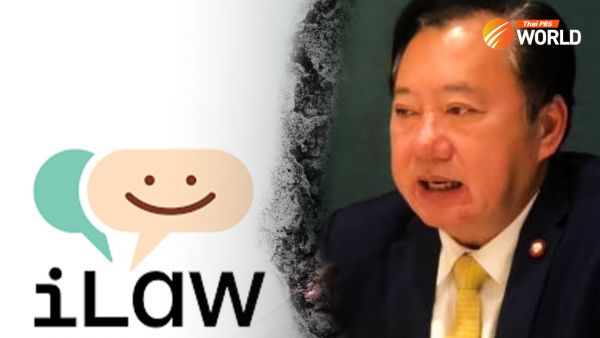First person charged under HK security law found guilty of terrorism, inciting secession

HONG KONG (Reuters) – The first person charged under Hong Kong’s national security law was found guilty on Tuesday of terrorism and inciting secession in a landmark case that carries long-term implications for how the legislation will reshape the city’s common law traditions.
Former waiter Tong Ying-kit, 24, was accused of driving his motorcycle into three riot policemen while carrying a flag with the protest slogan “Liberate Hong Kong, revolution of our times,” which prosecutors said was secessionist.
The widely anticipated ruling, much of which has hinged on the interpretation of the slogan, imposes new limits on free speech in the former British colony. Pro-democracy activists and human rights groups have also criticised the decision to deny Tong bail and a jury trial, which have been key features of Hong Kong’s rule of law.
His trial was presided over by judges Esther Toh, Anthea Pang and Wilson Chan, picked by city leader Carrie Lam to hear national security cases.
Toh read out a summary of the ruling in court, saying “such display of the words was capable of inciting others to commit secession.”
She added that Tong was aware of the slogan’s secessionist meaning, and that he intended to communicate this meaning to others. He also had a “political agenda” and his actions caused “grave harm to society”.
In a detailed judgment published on the judiciary’s website, the judges also said Tong’s motorcycle was potentially a lethal weapon.
“The defendant’s failure to stop at all the police checklines, eventually crashing into the police, was a deliberate challenge mounted against the police, a symbol of Hong Kong’s law and order,” the judges said.
An alternative charge of dangerous driving causing grievous bodily harm was not considered. The High Court will hear mitigation arguments on Thursday and sentencing will be announced at a later date.
Tong had pleaded not guilty to all charges, which stemmed from events on July 1, 2020, shortly after the law was enacted.
MEANING OF A SLOGAN
Tong’s trial focused mostly on the meaning of the slogan, which was ubiquitous during Hong Kong’s mass 2019 protests.
It was chanted on the streets, posted online, scrawled on walls and printed on everything from pamphlets, books, stickers and T-shirts to coffee mugs.
The arguments during the trial drew on a range of topics, including ancient Chinese history, the U.S. civil rights movement and Malcolm X, to determine whether the slogan was secessionist.
Two expert witnesses called by the defence to analyse the slogan’s meaning, drawing upon sources including an examination of some 25 million online posts, found “no substantial link” between the slogan and Hong Kong independence.
The judges rejected the defence argument.
“Even if we were wrong in finding that the defendant understood the slogan to mean Hong Kong independence and adopted that meaning when displaying the flag … we are of the view that the slogan still advocated a political agenda,” they said in the judgment.
The governments in Beijing and Hong Kong have said repeatedly the security law was necessary to bring stability after the often-violent 2019 protests and that the rights and freedoms promised to the city upon its return to Chinese rule in 1997 remain intact.
The law, imposed by Beijing in June 2020, punishes what China sees as subversion, secession, terrorism and collusion with foreign forces.
The government has said that all prosecutions have been handled independently and according to law, and that legal enforcement action has nothing to do with the political stance, background or profession of those arrested.






